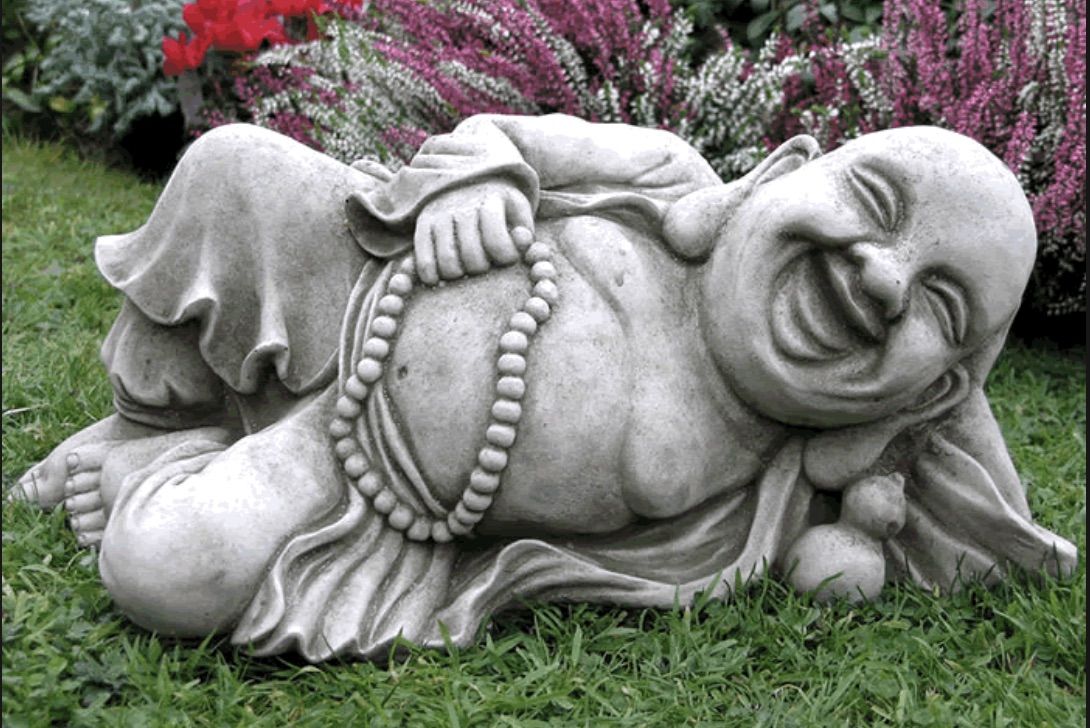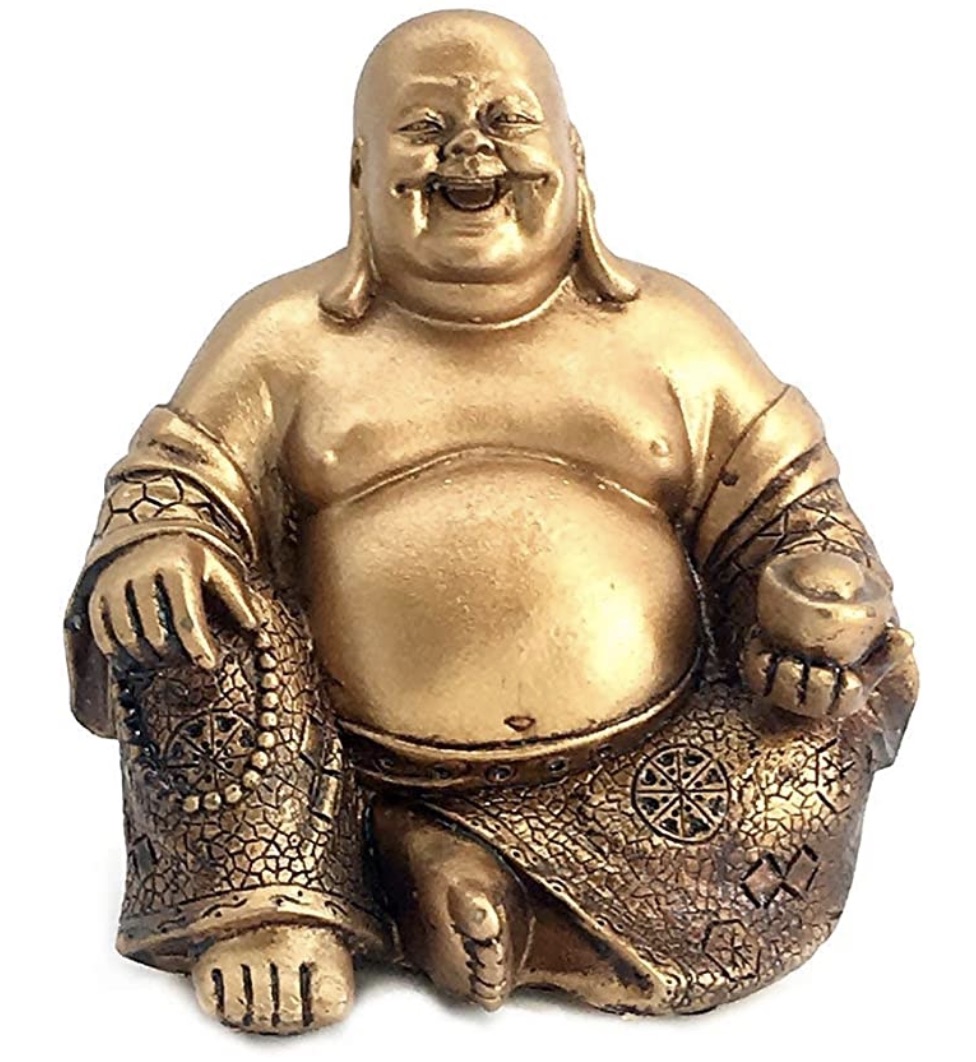Packing up for Paradise
I shall take along no shoulds
or mustnts or oughtas
I shall go pretty much as I’ve come
longwindy and snailfooted
I won’t be cooking up some perfection
that can’t be counted on
I will carry my aberrations with me
under personal effects.
Settling in to Paradise
I will keep growing down and outward
as much as up and at em
I will try to be true to my natural undoing
as of before and always
I won’t expect a tomorrow vastly niftier
than today
I intend just to bodhi-sit around and bask
in my universal mind.
-James Broughton
(Packing Up For Paradise: New and Selected Poems 1946-1996)
~~~~~~~~~~~
Free to Die Laughing
-James Broughton
James Broughton speaking in a 1997 interview with Martin Goodman
(excerpts, including a couple of his poems)
…everything that I have taught insisted on a poetic view of life. I taught the arts of ritual, myth-making and magic, individual soul-making, avant-garde cinema. I tried to stir the imagination and enthusiasms of students to take risks, to do what they were most afraid of doing, to widen their horizons of action.
As for feedback, what I learned of value from students over the years is embedded in my book, Making Light of It, which purports to be about filmmaking but is really my aesthetic of poetry and the poetic life.
A born poet knows in his cradle that a poetic life is the only life worth living. He is born with divine sparks in his head. His favorite of all games is the play of words. He expects to be dismissed as a fool, a black sheep, or a threat to society. But he can’t help writing memorable lines. Glorious oddballs: Hopkins, Rimbaud, Rumi, Lear, Lao-Tsu, to say nothing of Blake, Whitman and Jesus. None of these took a course in creative writing, but they can make shivers go down your spine.
The literary establishment fears originality, oddity and outrage…
I have found my most support within literature’s unestablished corners, among a few fellow poets and a few editors of obscure magazines. I owe special gratitude to Jonathan Williams, Andrei Codrescu, Lawrence Ferlinghetti and Paul Mariah. Above all I always had the support of my angel, who is my ideal reader.
And acclaim? What would I do with it? Wear a rhinestone tiara? Acclaim is a distraction. Adversity is a stimulus. I prefer the response of one reader who truly listened to me and suffered goosebumps, heard bells ringing in his head, or took a deep breath and yelled, “Wow!”
Most poets, like most people, try hard to be like someone they admire or they are possessed with an image of what they ought to be. Trusting your individual uniqueness challenges you to lay yourself open. Wide open. Some artists shrink from self-awareness, fearing that it will destroy their unique gifts and even their desire to create. The truth of the matter is quite opposite. Consciousness is the glory of creation. And remember Gertrude Stein’s comment, “It takes a lot of time to be a genius. You have to sit around so much doing nothing.”
The quietest poetry can be an explosion of joy. True delicacy is not a fragile thing. The most delicate and yielding of our necessities, water, can be the most powerful destroyer, swallowing everything.
True delicacy is indestructible. Take Shelley, Dickinson, Firbank, Basho. I like things which appear fragile but are tough inside. In the long run the dandy can outmaneuver the brute, the bird is more resourceful than the rhino.
…My major aim in writing is to set out flags and issue wake-up calls. Life is adventure, not predicament. Amazement awaits us at every corner. If you don’t fill your days with love, you are wasting your life.
I have always been a passionate spokesman for love, even before I knew what it was. My earliest poems sing of the absolute necessity of allowing love to invade and pervade one’s life. That can make the miracle happen in reality. Try it.
For me, prose walks, poetry dances. And to Shakespeare I owe my vision of the world as a theater, wherein all humans are acting out their parts. The theme of my film, The Bed, I phrased thus: “All the world’s a bed, and men and women merely dreamers.”
…I often start writing in order to excite an expansive emotion. Feelings are springboards for creative swan dives. If bitterness wants to get into the act, I offer it a cookie or a gumdrop. The most astonishing joy is to receive from the muses the gift of a whole lyric. Here is an example of a poem which gave itself completely to me, rhymes included:
God is my Beloved
God and I are lovers
He lifts me in tidal embraces
That turn the world on end
God is my Beloved
the ultimate in lovers
We ride through timeless spaces
a rapture without end
God is my Beloved
from first to last my lover
I surrender to him praises
and never ask the end
For me a poem has to sing out of itself and the lilt of it carries the magic. What Stravinsky said about music is also true for poetry: if it strays too far from its roots in rhythm and melody it loses its human connection. Rhythm and melody emanate from the body, the heartbeat, the voice of the soul. I concur with Nietzsche, “Light feet are the primary attribute of divinity.”
I’m happy to report that my inner child is still ageless. He takes his cue from the impudent play of the universe. For him, poetry is the greatest form of play; playing the way the gods play, and playing with the gods. Unless you are playing around with serious matters, you are not a serious artist. Juggle the verities, dance with the mysteries. “Only when I glee / am I me.”
I think I am happiest being a “laughing man of God.” I enjoy the company of gods and daimons. They drive my green fuse forward. My ideal model would be someone like Hotei, the Japanese god of happiness who is fat, untidy and giggling. In the West where is any haha-ing god of happiness?
Poetry for me is as much a spiritual practice as sexual ecstasy is. Since I know that spiritual practice is an upbeat devotion, I find it more apropos to celebrate existence than to deplore it.
Everything that ever happened is still happening. Past, present and future keep happening in the eternity which is Here and Now.
What matters
matters
but it doesn’t
Some of the time
everything
matters
Much of the time
nothing
matters
In the long run
both everything
and nothing
matter a lot
Most poets in their youth begin in adolescent sadness. I find it more rewarding to end in gladness. However there is lingering regret that limitations of daring and energy prevented the completion of the masterpieces one imagined for years. Advice: Be true to your madness throughout your life.
Everything is Song. Everything is Silence. Since it all turns out to be illusion, perfectly being what it is, having nothing to do with good or bad, you are free to die laughing.
~~~~~~~~~~~
These segments and more are at http://www.archipelago.org/vol4-1/broughton.htm
James Broughton (1913-1999), poet and filmmaker, authored more than 20 books, including collections of his poetry, and 23 films. He received lifetime achievement awards from the National Poetry Association and the American Film Institute. His tombstone reads “Adventure – Not Predicament.” You can find more about him, and more of his poetry, in numerous sources on the web, including Poetry Chaikana and The Poetry Foundation.

















